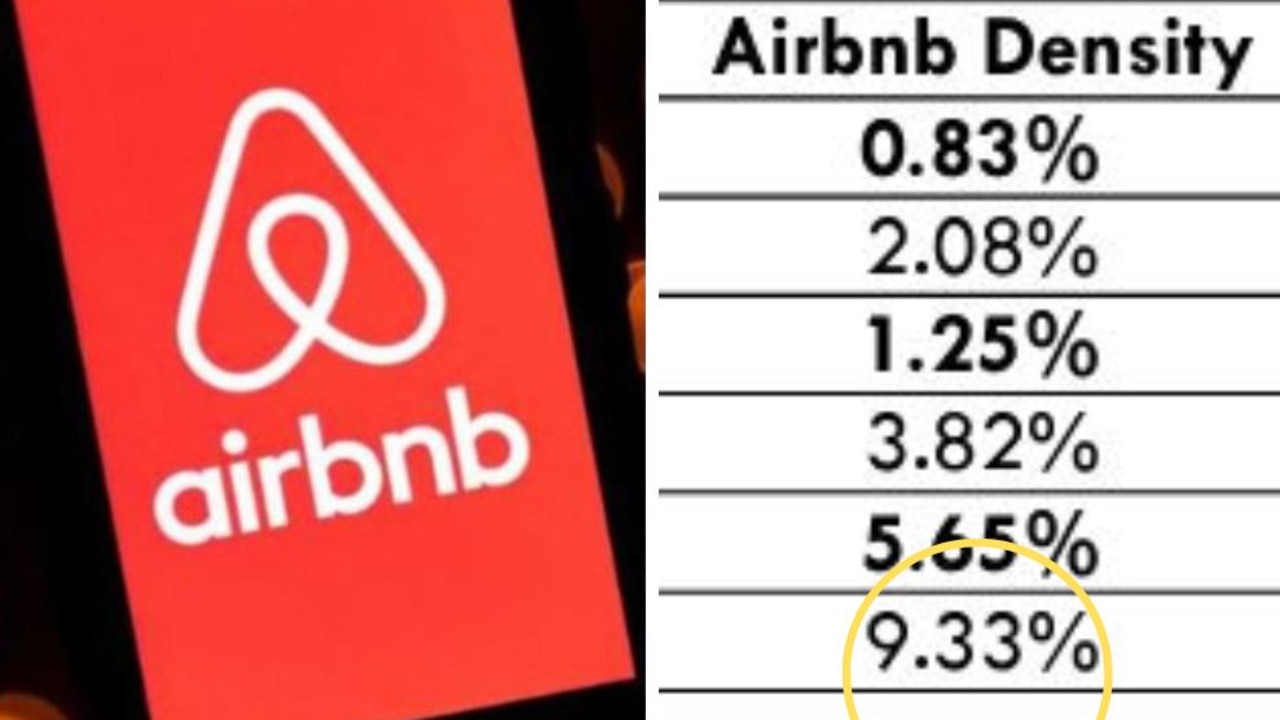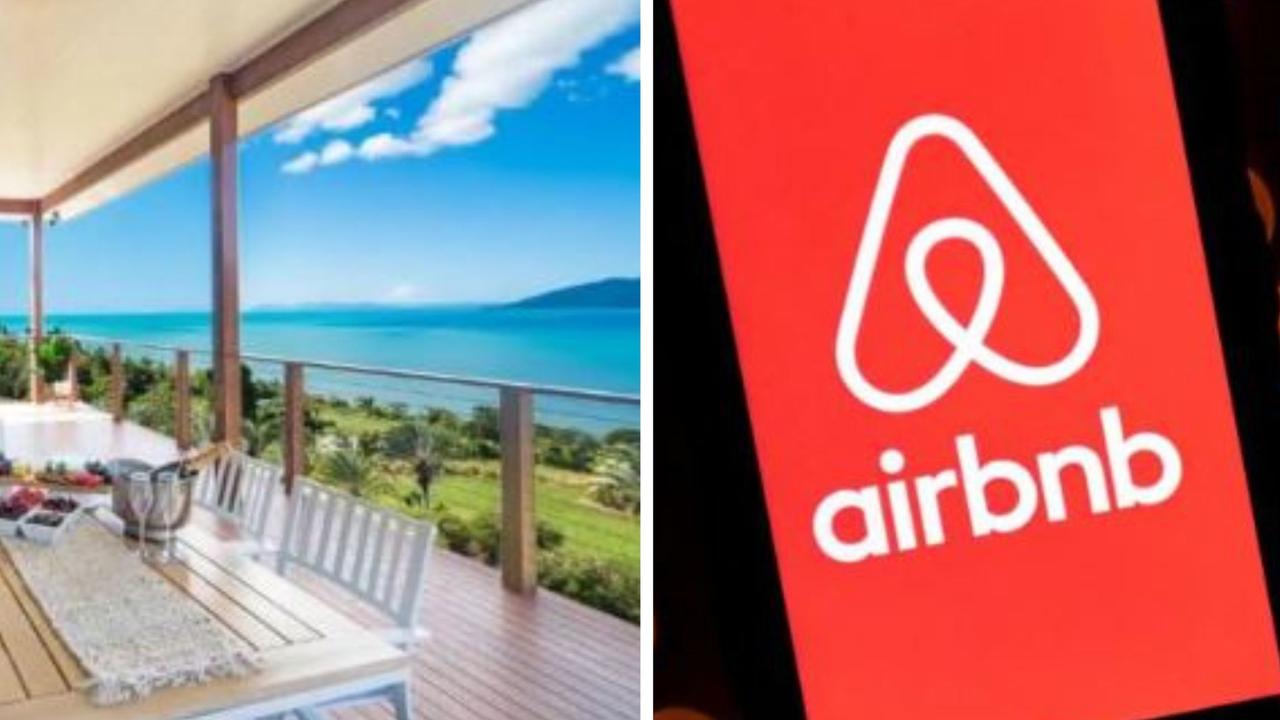New Aussie state eyes Airbnb ban or tax
Political parties from yet another Australian state have joined the short-term rental pile-on, with policies ranging from a ban on all Airbnbs to a new levy.

Political parties from yet another Australian state have joined the short-term rental pile-on, with policies ranging from a ban on all Airbnbs to a new levy.
Tasmanians go to the polls in a state election this Saturday and all three major political parties have policies to limit short-term rentals, which they claim are contributing to a difficult rental market.
If re-elected, the incumbent Liberal government plans to follow Victoria’s lead by introducing a tax on short-term rentals, to be paid by visitors.
But unlike Victoria, which will tax short-stay accommodation users to the tune of 7.5 per cent of the cost of a stay, in Tasmania the Liberal Party is proposing a levy of five per cent.

Announcing the plan, the party said that “100 per cent of the around $11 million per annum that the levy will raise will go directly to assisting first home-buyers to buy their first home”.
The Labor opposition’s plan for short-term rentals is light on details, but includes immediately pausing the issue of all new permits to convert entire homes into short-stay accommodation.
“Labor will work with local councils to ensure that short-term accommodation can operate sensibly and sustainably, but not in a way that takes housing away from local Tasmanians,” it said.
Currently, property owners in some Tasmanian local council areas need a permit to be able to rent their property out on a short-term basis.
The most restrictive proposal is being put forward by the Greens, which has promised to “put an immediate stop to new whole-home short stay rentals, and phase out existing listings in residential areas”.
Shelter Tasmania is calling on whichever party forms the next state government to urgently reverse the drift of homes to short-stay accommodation.
In a report on the impact of Airbnb rentals on the Tasmanian rental market commissioned by Shelter Tasmania, University of Sydney housing researcher Professor Peter Phibbs found that the density of Airbnb accommodation in both greater Hobart and the Hobart City local government area was well above that of both Melbourne and Sydney in 2021.

“The problem for Hobart is that it has much more STR [short-term rental] as a proportion of its total private long-term rental market than other cities,” the report found.
But Eacham Curry, senior director of government and corporate affairs at Stayz told news.com.au that the proposals being put forward by Labor and the Greens in Tasmania “misunderstands the sector”.
“There is already sufficient evidence to show that short-term rental accommodation is neither the cause or the solution to the housing problem, and that arbitrary actions like these will not resolve the issues in Tasmania.”
“However, Stayz has always supported the short-term rental accommodation sector making a contribution that recognises the impact it has on the provisions of State and Local Governments, such as the five per cent levy on bookings proposed by the Liberals.”

Michael Crosby, head of public policy for Airbnb Australia and New Zealand told news.com.au that the company “supports fair regulation of the short-term rental sector to help address housing pressures in Tasmania – but we need to get the balance right”.
“Something needs to be done about housing – more homes need to be built – and a levy is a great way to contribute to that.”
“Airbnb supports a levy of between three and five per cent, paid for by the guest at the time of booking, to go towards the building of social and affordable housing.”
“There is no evidence of caps or bans working – you only need to look to New York where we have seen short-term rentals effectively banned without any improvement in rental availability or affordability while the cost of hotels have soared,” he added.
“It is important to get the balance right so the core issue of housing affordability is addressed, without jeopardising the economic benefits that flow from short-term rentals, with Airbnb contributing millions to the Tasmanian economy and supporting thousands of jobs.”
The news follows a recent NSW government inquiry examining the effect of short term rental accommodation in the state on housing supply and affordability.
In their responses to the inquiry, both Airbnb and Stayz back a levy on short-term rental accommodation, at a rate that is in line with the three to five per cent levies introduced in other parts of the world.






